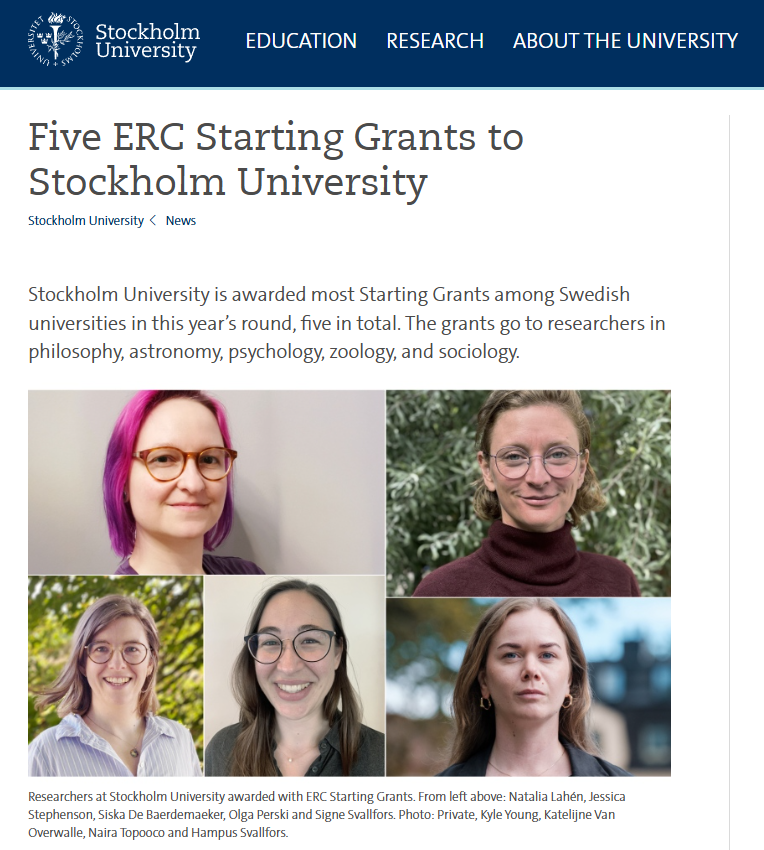I’m an interdisciplinary researcher and practitioner health psychologist working at the intersection of behavioural science and technology. My research is focused on the development, optimisation and evaluation of interventions to help quit or reduce harmful addictive behaviours delivered via smartphone apps, chatbots and virtual reality. I’m interested in the technology-enabled, real-time assessment and modelling of within-person processes and associated “just-in-time adaptive interventions”, which can provide the right type of support to people, when it’s most needed. I’m an advocate of Open Science. I act as Co-Director for the Open Digital Health initiative, which aims to enable the scaling and sharing of evidence-informed digital health tools.
Brief bio
PhD
I completed my PhD in Health Psychology at University College London (UK) in 2018, with a thesis focused on the definition, measurement and promotion of user engagement with digital behaviour change interventions.
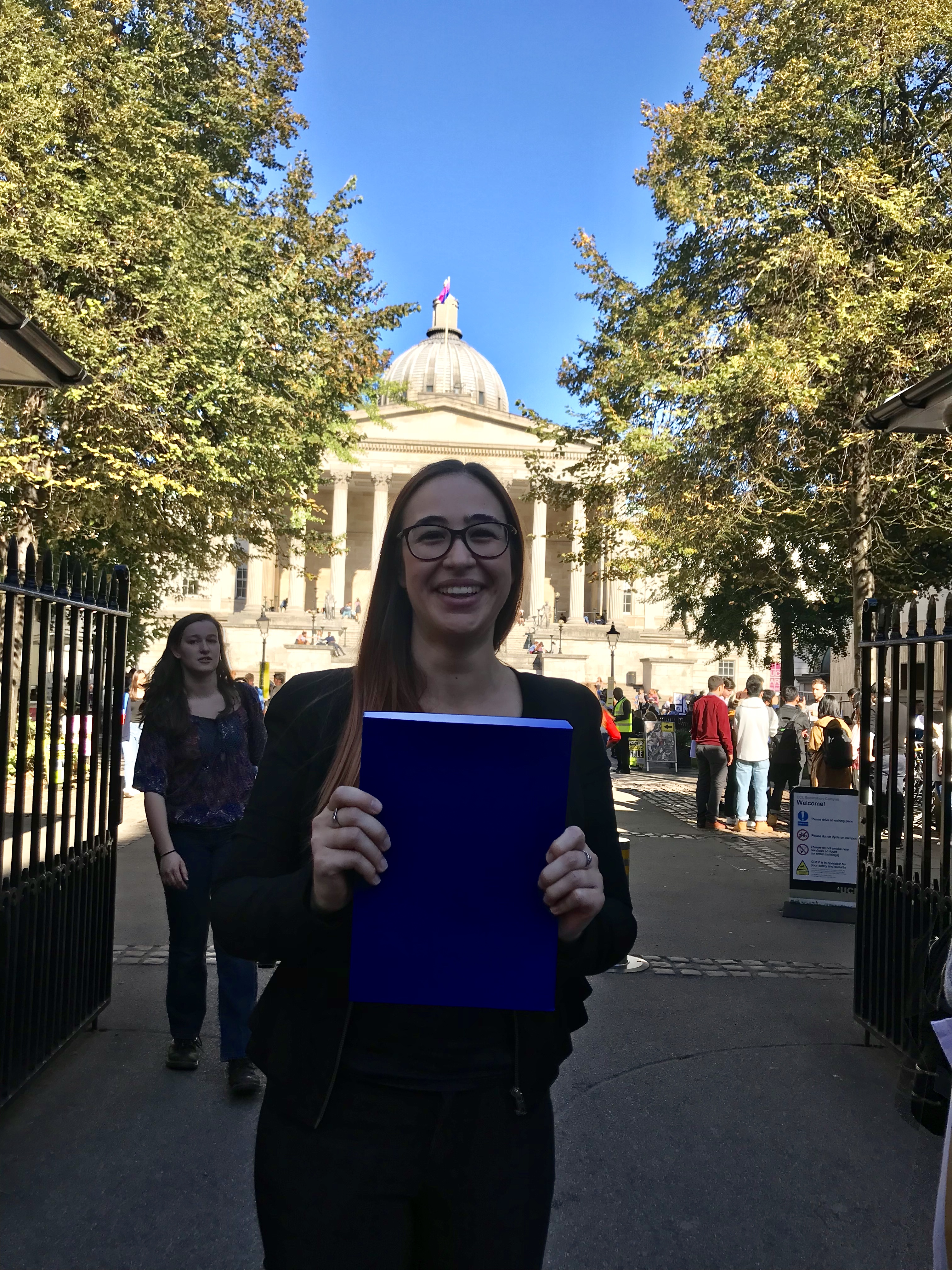
Research Fellow / Senior Research Fellow
After completing my PhD, I worked as a Research Fellow (2018-2021) and subsequently as a Senior Research Fellow (2021-2022) in the UCL Tobacco and Alcohol Research Group (London, UK).
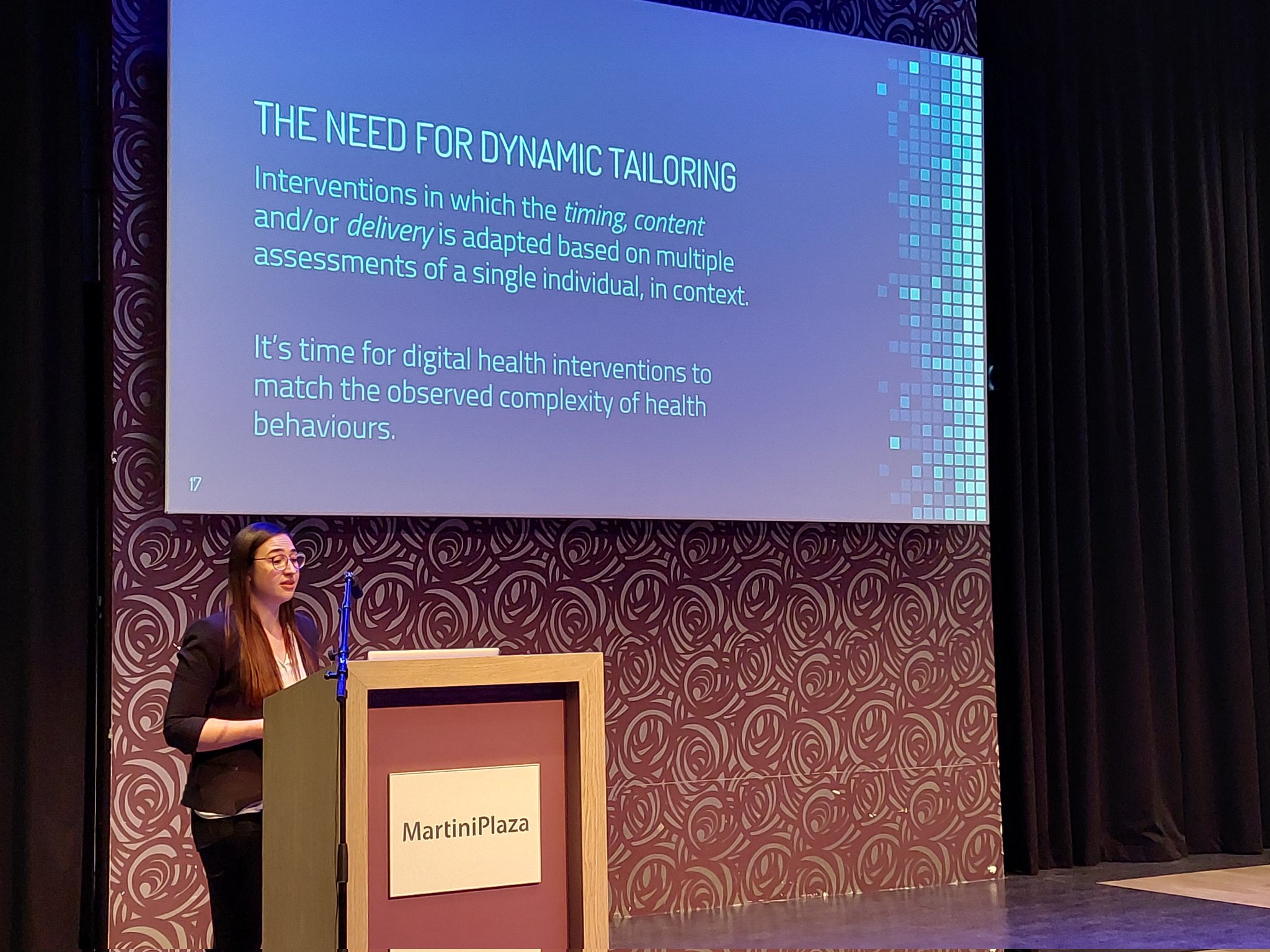
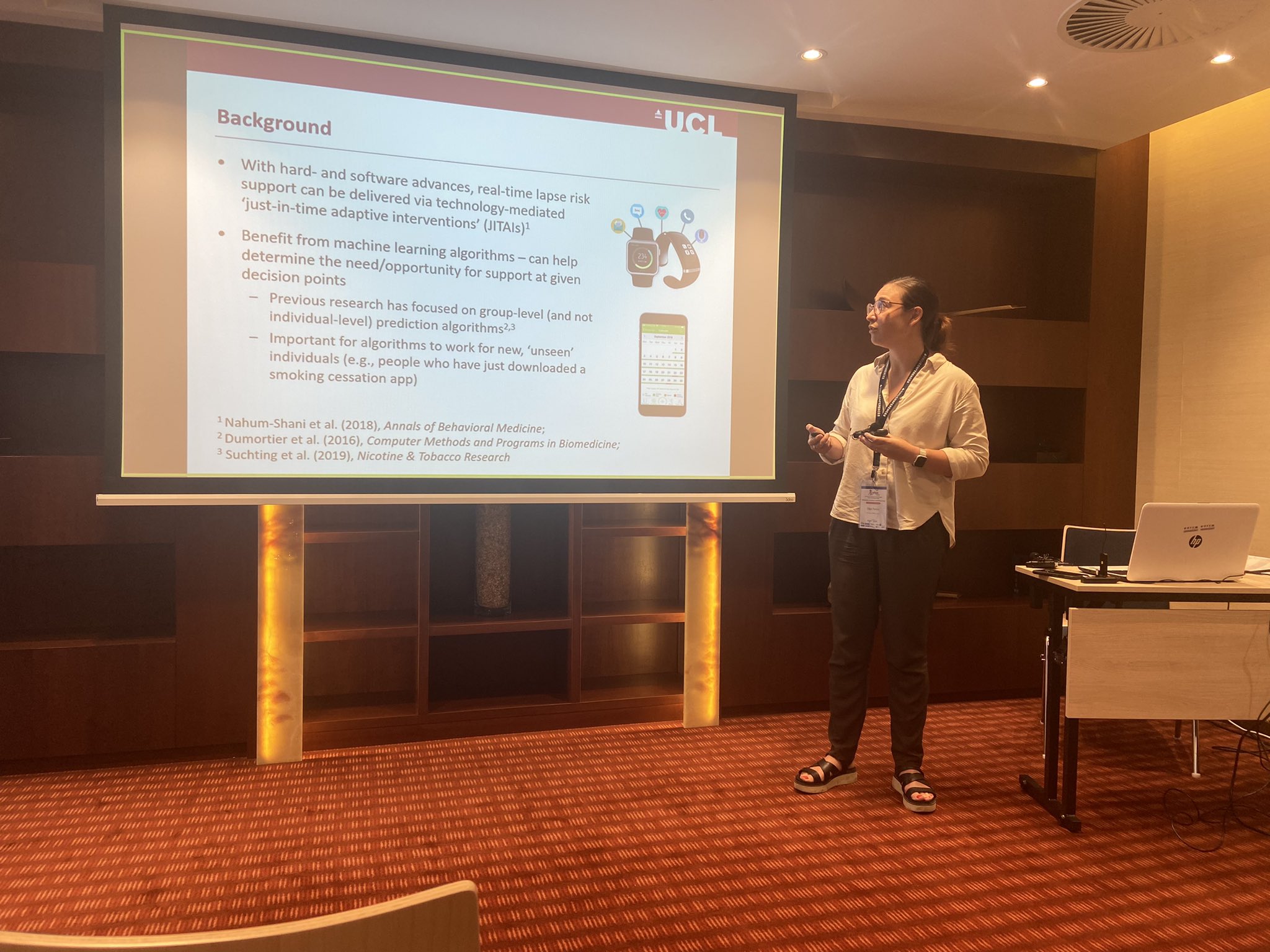
Marie Skłodowska-Curie Postdoctoral Research Fellow
In 2022, I was awarded a 3-year European Commission Marie Skłodowska-Curie Postdoctoral Fellowship to work on project COMPLAPSE. During my fellowship, I spent two years in the Herbert Wertheim School of Public Health and Human Longevity Science at the University of California, San Diego (USA) and a year in the Faculty of Social Sciences at Tampere University (Finland).
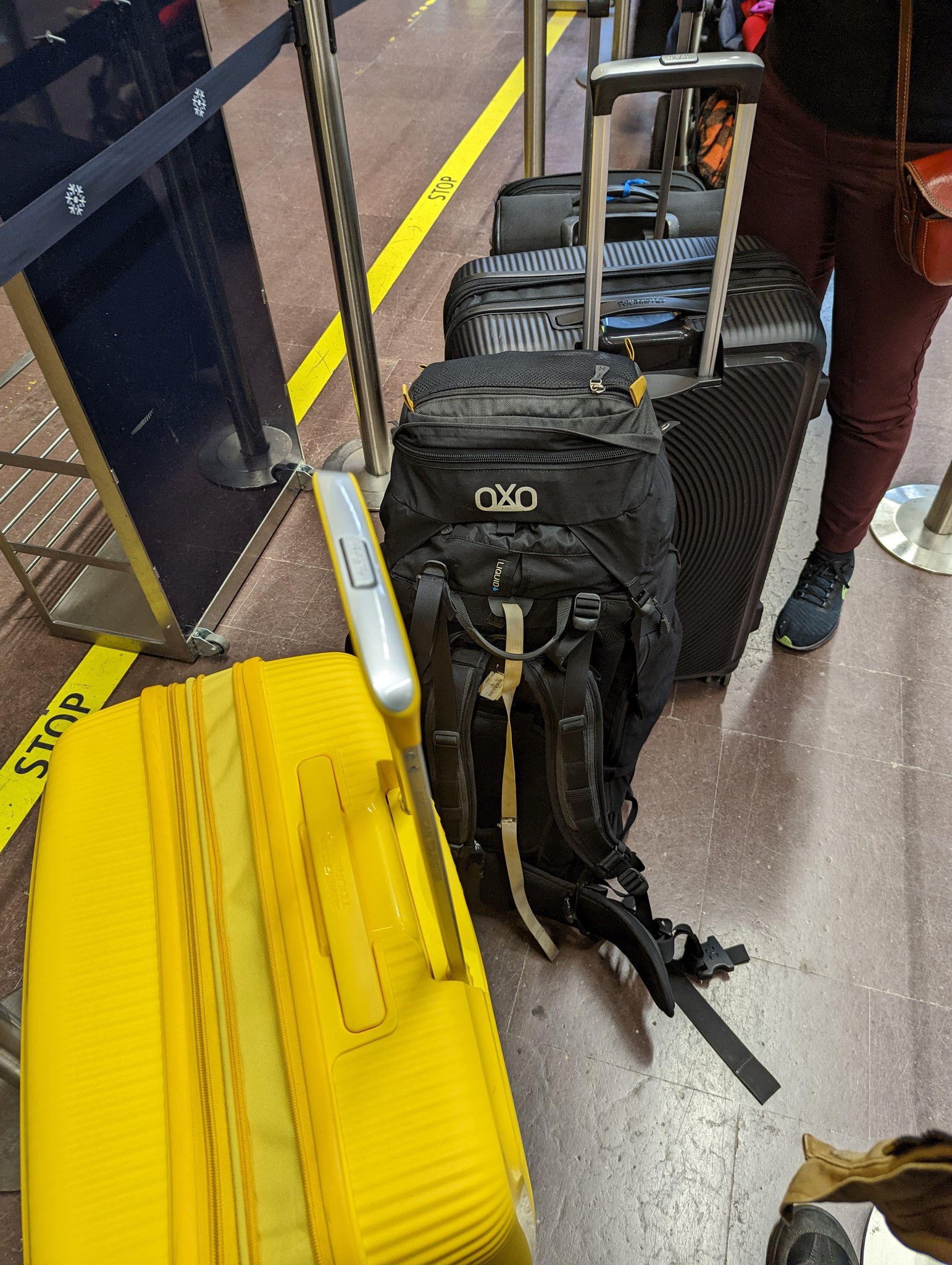

Group Leader
In 2025, I was awarded a 5-year European Research Council Starting Grant to set up my independent research group in the Department of Psychology at Stockholm University (Sweden). After living and working in the UK, US and Finland since 2011, I’m excited to return to my hometown. Our project, Time Matters, aims to provide a new framework for understanding and preventing relapse across the addictions. We will collect and model high-resolution data from smartphones and smartwatches in the daily life and develop an adaptive algorithm capable of delivering the right type of support to each person, when and where they most need it.
